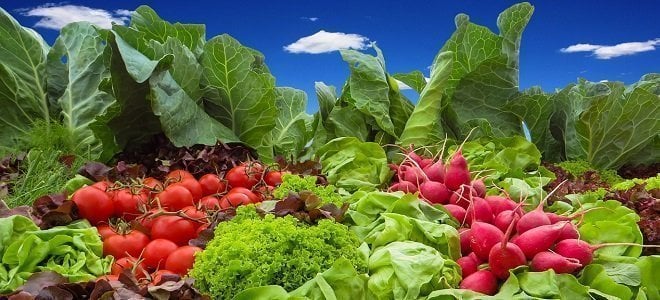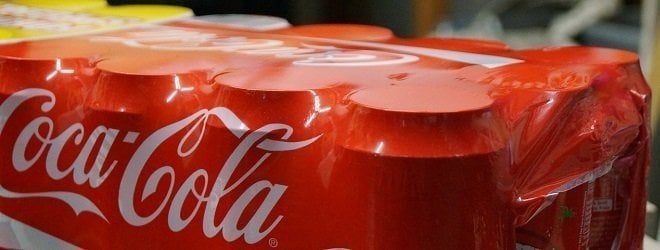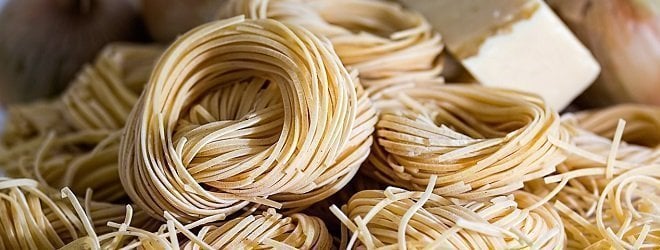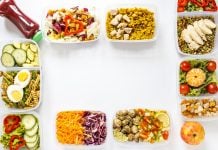
Trying the Low Carb Diet?
You’ve decided it’s time to get healthy and fix your eating habits (and lose some weight while you’re at it). You’ve tried all sorts of diets, and now you’re thinking about the low-carb approach. If you’ve heard it’s a fad, it’s not — it’s a legitimate healthy lifestyle that offers a number of benefits, including fat loss, increased energy, and reduced blood pressure, among many others.
Avoid these low carb diet mistakes
But to get these benefits, you have to be doing a low-carb diet the right way. The most effective diet for weight loss is one high in protein and low in carbohydrates. According to scientists at Aberdeen’s Rowett Research Institute eliminating these elements from your diet will result in weight loss and reduced hunger. Read on to make sure you’re not making these five low carb diet mistakes:
1. You’re not eating enough vegetables.
Many people start a low carb diet and develop an unhealthy aversion to all carbohydrates. This is unnecessary.
A healthy low-carb diet limits and eliminates refined, processed carbs from the diet. But vegetables are healthy, vitamin-packed whole foods that are generally not loaded with carbs. The bulk of vegetables are high in fiber and packed with water.
Yes, many may have simple sugars, but the fiber offsets much of that and your body will feel better and you will be more satisfied (and have fewer cravings) when you maintain a good amount of vegetables in your diet.
Pro tip: Stick to green, leafy vegetables and cruciferous vegetables like broccoli and cauliflower. It’s best to stay away from starch-heavy vegetables like potatoes.
2. Eating too much fruit
The flip side to the vegetable-averse people is the ones who gorge on fruit because it’s natural, healthy food. Fruit is healthy – but for a low-carb diet, especially one for weight loss and for controlling insulin, fruit is a no-go.
It’s very tempting to turn to a succulent red delicious apple when you’re craving a snack but you could sabotage your diet in the process. Most fruits have a large amount of fructose and cause a spike in blood sugar, which leads to more fat storage if insulin is raised for an extended period of time.
Your best bet is to restrict fruit, at least until you reach your goals.
Pro tip: if you must have fruit your best options are berries such as blueberries, blackberries, and raspberries.
3. Relying on diet sodas and artificially sweetened drinks

You may be thinking “but they have no calories!” and you are right; diet drinks appear to be a great alternative to plain water. The reality is that artificial sweeteners, although generally allowed on a low-carb diet, can derail your dieting efforts.
Artificial sweeteners are mistaken for real sugar by the pancreas and your body releases insulin (which is a fat-storage hormone and one of the main hormones we’re trying to control) and stimulates cravings for other sugary, carb-laden foods and drinks.
Pro tip: Limit yourself to just one 12-ounce diet drink per day. If water is just too boring, try club soda (which is carbonated and mimics the mouthfeel of soda) with a squeeze of lemon or lime.
4. Being fat-phobic (not eating enough fat)
In contrast to most diets people are used to, low carb does not restrict fat.
In fact, low-carb diets are generally considered to be high-fat and that’s a good thing. Fat has a satiating effect on hunger and causes you to unwittingly eat less.
When you eat a higher percentage of your calories from fat, you can cut down on snacking and help your body transition to using your stored body fat as a fuel source.
Eating low carb and low fat is recipe for disaster. Most people cannot maintain a diet strictly reliant on protein, and even if they could it’s dangerously unhealthy and can lead to “rabbit starvation” – which happened to people who were stuck living off the very lean meats of small animals like rabbits.
Pro tip: Rely on grass-fed butter and grass-fed beef for a good portion of your fats. Also, half an avocado, coconut oils, and nuts (especially macadamia) are good sources of fat. Also, bacon. Don’t forget the bacon.
5. Hidden carbs and sugars in foods

Be very wary of packaged foods, even when they’re labeled “low carb” or “heart-healthy.” Many packaged and processed foods are loaded with forms of sugars that you may not be aware of.
Many products can be misleading by showing the number of carbs after they’ve subtracted out the fiber. While this may indeed be your “net carbs” in that food, it doesn’t mean that is a good low carb choice.
Another mistake people make is with processed meats and dairy products. Many lunch types of meat and frozen, packaged meats are cured and processed with sugar or have light breading on them.
Watch condiments and sauces, too. While ketchup and salad dressings seem like safe bets, commercially produced versions often have sugar and high-fructose corn syrup as the main ingredient.
Pro tip: Stick to whole foods as much as possible. Unprepared meats and all-natural lunch meats are your best bets. Also, avoid many of the common sauces and condiments. If you can, try a few recipes to make your own or try a brand you trust to be healthy and low carb, such as Walden Farms.
Wrap-Up
A low carb lifestyle is a great way to get healthy, lose weight, and generally feel better.
But just as with anything else, you can easily get tripped up if you don’t have all of the facts.
If you’re following a low carbohydrate diet and you’re not seeing results, review this list and make sure you’re not making any of these mistakes.
Do you have any advice or common mistakes you’ve seen people do on a low-carb diet? Let us know in the comments.
- You’re Probably Making These 5 Low-Carb Diet Mistakes - October 21, 2014


